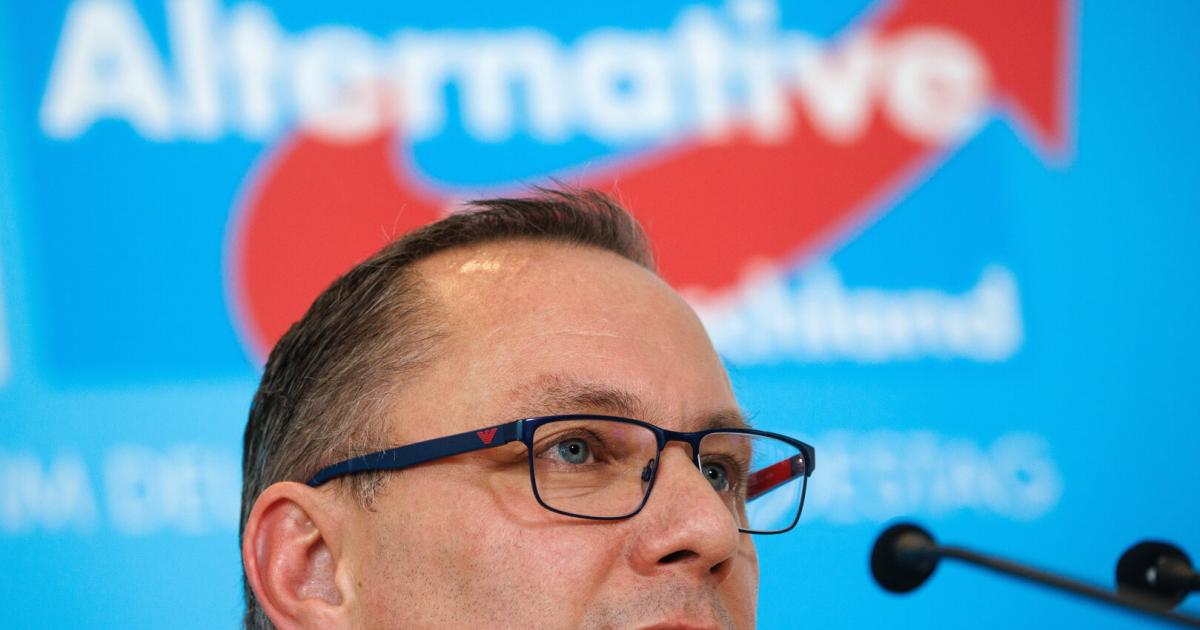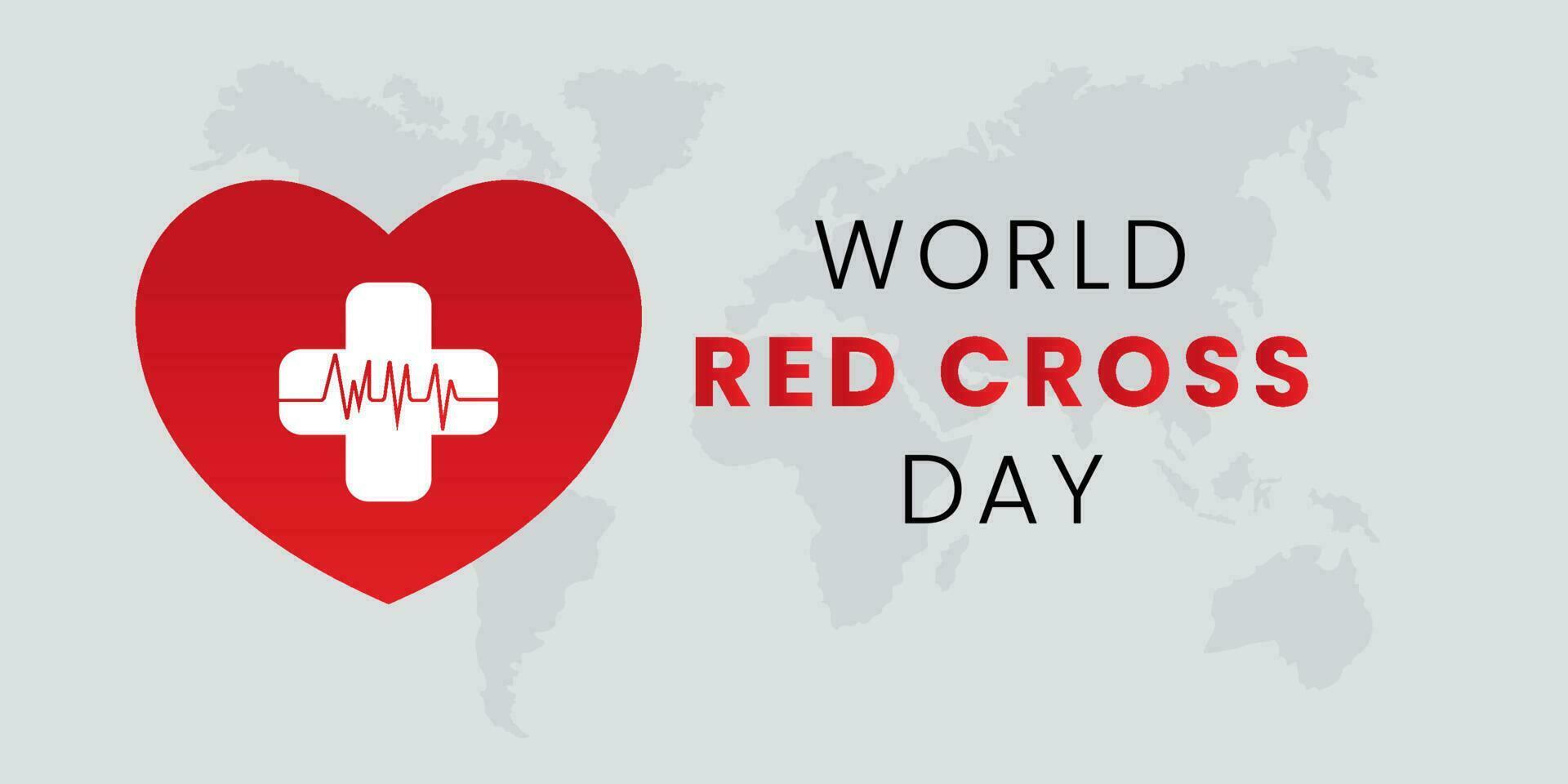A report by Spiegel suggests that the positions of the AfD party in Germany were influenced by strategists in Russia. According to the report, a supposed manifesto was drawn up in the Kremlin’s presidential administration with the goal of increasing the AfD’s poll numbers and achieving electoral success at all levels. The document paints a dark picture of Germany, criticizing deindustrialization, migration of companies, and the incompetence of politicians.
AfD Chief Tino Chrupalla and other senior party members have denied knowledge of this alleged paper. The report implies that Kremlin strategists believe that German politicians should prioritize the interests of Germany and its people above all else, rather than being guided by values or ideals. This aligns with the AfD’s own stance of advocating for interest-driven policies and criticizing the current government as incompetent.
The document also emphasizes the importance of Germany’s relationship with Russia, echoing sentiments expressed by AfD politicians such as Björn Höcke. When asked about the similarities between the alleged paper and the AfD’s positions, Höcke simply stated, “The same thing is not the same thing.” It is suggested that the AfD’s policies reflect a similar outlook as outlined in the alleged Kremlin document, focusing on national interests and criticizing values-based approaches.
Despite these allegations, many members of German society are skeptical about Russian interference in their country’s politics. They fear that any involvement could undermine democratic institutions and threaten stability.
According to some experts, Russian interference has been a pattern in recent years as Moscow seeks to expand its influence globally. In 2016, Russia was accused of meddling in U.S. elections to help Donald Trump win.
As tensions rise between Russia and Western countries like Germany, it remains to be seen how much influence Moscow will have over future elections.
Overall, while there is still much uncertainty surrounding Russia’s role in German politics, one thing is clear: any involvement could have significant implications for democracy and security across Europe and beyond.


